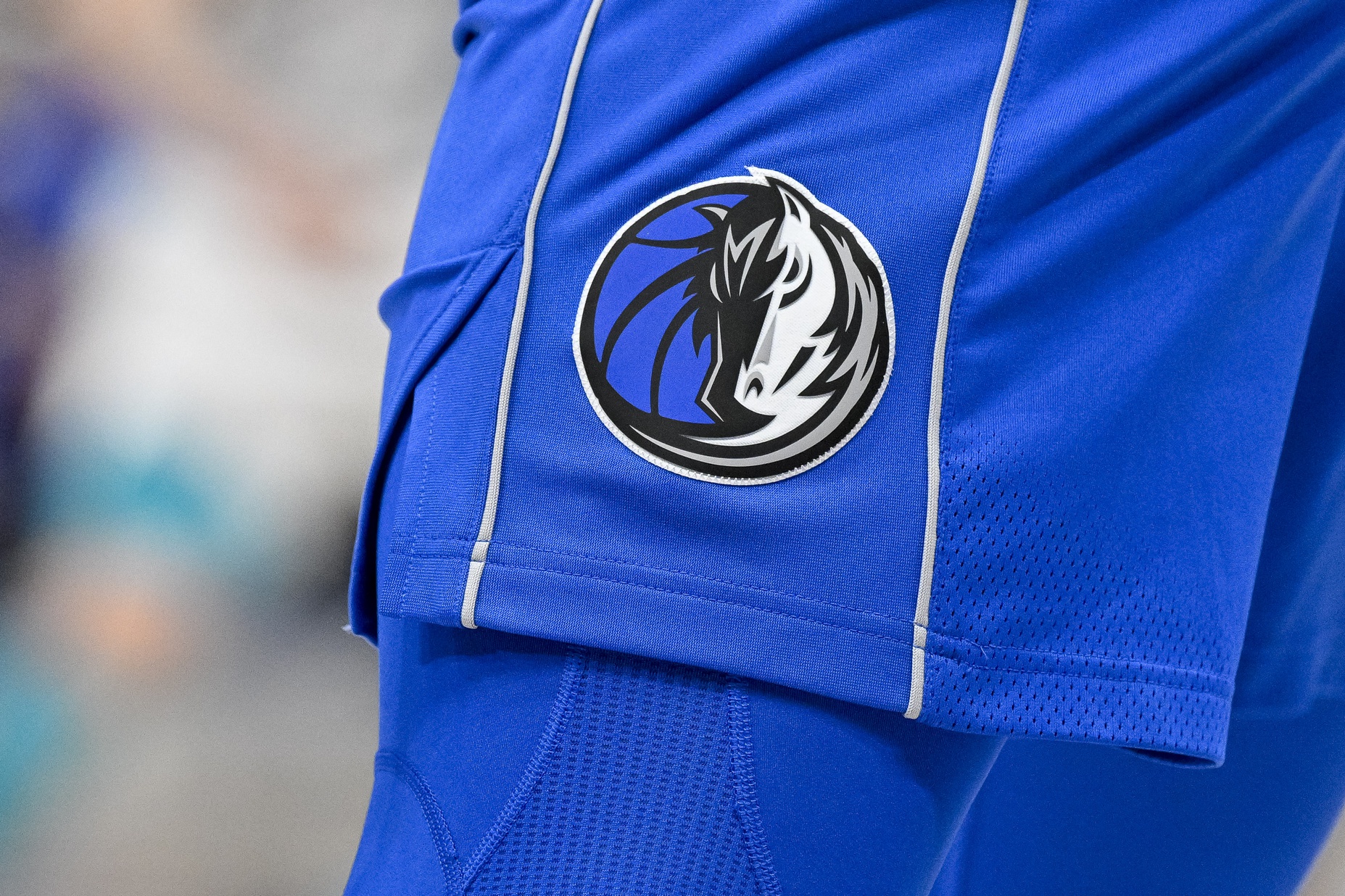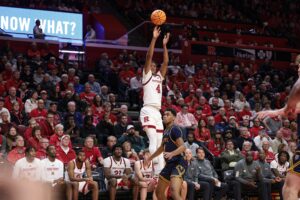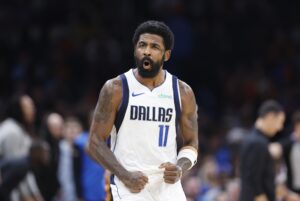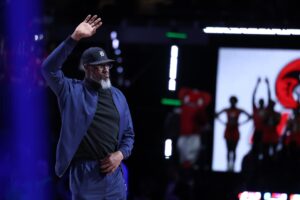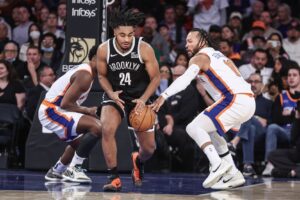After intense negotiations, the Detroit Pistons and the Dallas Mavericks have reached an agreement with far-reaching implications. The Mavericks traded Tim Hardaway Jr. to the Pistons for Quentin Grimes and three second-round picks: one in 2025 and two in 2028.
Hardaway Jr. is returning to familiar territory. He played at the University of Michigan from 2010-2013, helping the Wolverines reach the National Championship game in 2013. Now, he’s back in Michigan, ready to prove himself again.
Hardaway Jr. arrives in Detroit with a massive chip on his shoulder. Despite averaging 14.4 points per game, he was benched in favor of Detroit native Jaden Hardy during the playoffs. The trade gives him a fresh start and clears about $12 million in cap space for the Mavericks.
For the Pistons, this trade increases their cap space by about $12 million, decreasing their summer budget to around $50 million. The critical question is: did this trade secure the veteran shooter the Pistons desperately needed, or will Hardaway Jr. be just a temporary asset destined for greener pastures?
Analyzing The Pistons Trade For This Dallas Mavericks Sharpshooter
Hardaway Jr. Provides A Veteran Shooting Presence
The Pistons needed a seasoned player, and Hardaway Jr. fits perfectly. With 11 years in the league, he brings invaluable experience and can mentor Detroit’s young talents like Cade Cunningham, Jaden Ivey, Ausar Thompson, and Ron Holland. His veteran leadership and clutch performances for the Mavericks make him an ideal mentor for the Pistons’ young core.
Hardaway Jr. also remains a potent threat from beyond the arc, addressing a critical need for the Pistons. During his 5.5 seasons with the Mavericks, he maintained an impressive 37% shooting from three-point range. His shooting percentage dipped to 35% from 38% last season but remains superior to current Pistons’ options.
Hardaway Jr. Cost The Pistons A Nice Young Piece
When Trajan Langdon took over Troy Weaver’s personnel decisions, it was clear that changes were on the horizon. Grimes, a talented 24-year-old who has shown flashes of high-level play when healthy, was one of those changes. Unfortunately, Grimes has struggled with injuries, playing just 51 games in the 2023-24 season, only six with the Pistons. Detroit sacrificed someone to acquire veteran talent, and Grimes was that player.
For the Mavericks, this trade represents a low-risk, high-reward opportunity. They gain a player with two-way potential; they can move on if it doesn’t pan out. Crucially, this trade frees up financial flexibility to invest more in Derrick Jones Jr., a key contributor to Dallas’ defensive improvement in the latter part of the season and playoffs.
While it would have been great to see Grimes develop long-term with the Pistons, fans should not be disheartened by this move. It’s a strategic decision to balance the team’s roster with seasoned talent while allowing the Mavericks to bolster their talent.
The Last Word
The Pistons’ acquisition of Hardaway Jr. represents a strategic move to inject much-needed veteran leadership into their young roster. With years of NBA experience and clutch performances, Hardaway Jr. stands ready to mentor rising stars. His presence can guide young players through an NBA season’s ups and downs, offering on-court production and off-court wisdom.
The Pistons could see significant growth and stability if Hardaway Jr. stays on and fulfills his potential as a mentor and critical contributor. This move shows the Pistons’ commitment to blending youthful talent with experienced leadership for future success.


